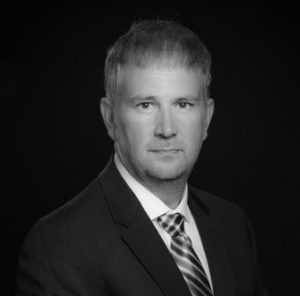Medical Physics is an applied branch of physics concerned with the application of the concepts and methods of physics to the diagnosis and treatment of human disease. It is allied with medical electronics, bioengineering, and health physics.
What Is a Medical Physicist?
Medical physicists are a specialized category of physicists who work in radiotherapy, nuclear technology or medical imaging. Medical physicists apply their knowledge of physics to specialized equipment that helps examine, diagnose and treat patients. They may work in the fields of radiotherapy, nuclear technology or medical imaging; ensuring optimal equipment performance that helps protect against radiation hazards in hospitals, healthcare facilities, clinics and private practices. Some may also be involved in the research and development of new technology, instrumentation or imaging techniques. Read more about Medical Physicists.
Medical Physics Program Statistics
The Department of Nuclear Engineering started its Medical Physics program in 2019.
| Number of Applicants, Students, and Graduates | 2019 | 2020 | 2021 | 2022 | 2023 | ||
| Applicants Applied | MS | 0 | 21 | 23 | 36 | 44 | |
| Certificate | 0 | 2 | 1 | 0 | 2 | ||
| Applicants Accepted | MS | 0 | 8 | 16 | 14 | 18 | |
| Certificate | 0 | 2 | 1 | 2 | 0 | ||
| Applicants Enrolled | MS | 0 | 6 | 10 | 10 | 11 | |
| Certificate | 0 | 2 | 0 | 0 | 0 | ||
| Students Graduated | MS | 0 | 0 | 0 | 9 | 5 | |
| Certificate | 0 | 0 | 2 | 0 | 1 | ||
| Students Enrolled | MS | 0 | 6 | 16 | 21 | 22 | |
| Certificate | 0 | 2 | 0 | 0 | 1 | ||
| Post-graduation Position/Activity | |||||||
| Residencies | MS | 0 | 0 | 0 | 5 | 6 | |
| Certificate | 0 | 0 | 1 | 1 | 0 | ||
| Advanced Degree Program | MS | 0 | 0 | 0 | 0 | 0 | |
| Certificate | 0 | 0 | 0 | 0 | 0 | ||
| Employed | MS | 0 | 0 | 0 | 1 | 3 | |
| Certificate | 0 | 0 | 1 | 0 | 0 | ||
View a list of CAMPEP Accredited schools.
Program Goals and Objectives
The objective of a graduate educational program in medical physics is to provide its graduates with the basic and applied scientific knowledge that is necessary both for further education and research in medical physics and for entry into a medical physics residency leading to a career in clinical medical physics. Graduates of our program shall have:
- an understanding of the role of patient safety in the clinical practice of medical physics;
- an understanding of the physics, mathematics and other physical science required for a career in medical physics;
- an understanding of how research and inquiry lead to the creation of new knowledge;
- the ability to critically evaluate research and scholarship in medical physics;
- the competent use of research to pose new questions and to solve problems in research and clinical settings;
- the communication and interpersonal skills that are necessary to function in a collaborative, multidisciplinary environment;
- the professional attributes and the ethical conduct and actions that are required of medical physicists; and
- a valuing of career-long continuing education to keep scientific knowledge and skills current.
Program Director

Michael Howard
Email: mhowar14@vols.utk.edu
Phone: 865-974-2525